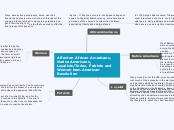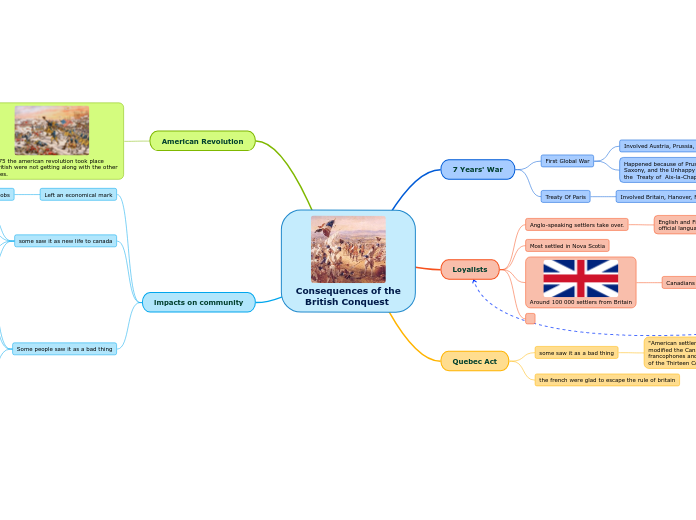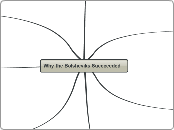av isiah johnson 9 år siden
1523
Affect on African Americans, Native Americans, Loyalists/Tories, Patriots and Women from American Revolution
The American Revolution significantly impacted various groups, including women, African Americans, Native Americans, Loyalists, and Patriots. Women had to take on new roles and responsibilities at home as many men went to fight, managing farms and businesses in their absence.









